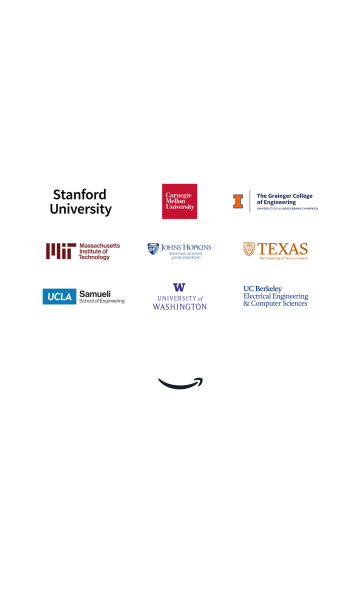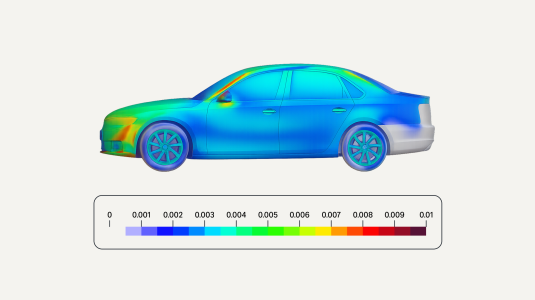Customer-obsessed science


Research areas
-
September 26, 2025To transform scientific domains, foundation models will require physical-constraint satisfaction, uncertainty quantification, and specialized forecasting techniques that overcome data scarcity while maintaining scientific rigor.
-
Featured news
-
KDD 2025 Workshop on Prompt Optimization2025Despite advances in the multilingual capabilities of Large Language Models (LLMs), their performance varies substantially across different languages and tasks. In multilingual retrieval-augmented generation (RAG)-based systems, knowledge bases (KB) are often shared from high-resource languages (such as English) to lowresource ones, resulting in retrieved information from the KB being in a different language
-
2025We introduce Griffin, the first foundation model attemptation designed specifically for Relational Databases (RDBs). Unlike previous smaller models focused on single RDB tasks, Griffin unifies the data encoder and task decoder to handle diverse tasks. Additionally, we enhance the architecture by incorporating a cross-attention module and a novel aggregator. Griffin utilizes pretraining on both single-table
-
Having a unified, coherent taxonomy is essential for effective knowledge representation in domain-specific applications as diverse terminologies need to be mapped to underlying concepts. Traditional manual approaches to taxonomy alignment rely on expert review of concept pairs, but this becomes prohibitively expensive and time-consuming at scale, while subjective interpretations often lead to expert disagreements
-
RSS 20252025This work demonstrates how autonomously learning aspects of robotic operation from sparsely-labeled, real-world data of deployed, engineered solutions at industrial scale can provide with solutions that achieve improved performance. Specifically, it focuses on multi-suction robot picking and performs a comprehensive study on the application of multi-modal visual encoders for predicting the success of candidate
-
2025The growing excitement around the ability of large language models (LLMs) to tackle various tasks has been tempered by their propensity for generating unsubstantiated information (hallucination) and by their inability to effectively handle inconsistent inputs. To detect such issues, we propose the novel task of Query-Conditioned Natural Language Inference (QC-NLI), where the goal is to determine the semantic
Conferences
Collaborations
View allWhether you're a faculty member or student, there are number of ways you can engage with Amazon.
View all














































